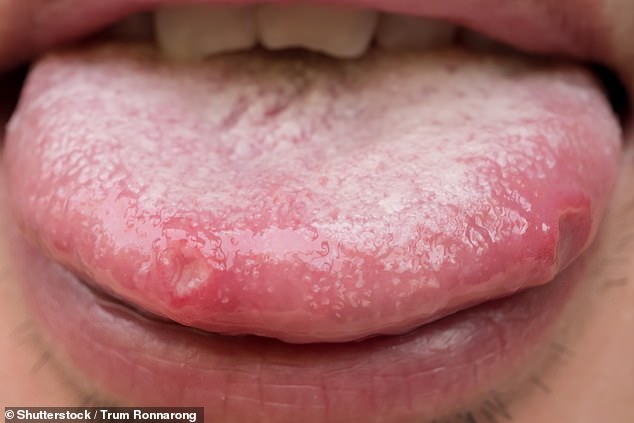So gratifying to see this article in BBC today – a story about drones delivering AED to a doctor to help an out of hospital cardiac arrest patient.
Category: arrhythmias
more on alcohol and AFIB
Here is a recent presentation regarding alcohol and AFIB.
AFIB Lecture in September
Here is a link to the talk we gave in Boulder last month. I am going to miss this group.
Endurance athletes and ventricular scar
37% of highly trained endurance athletes had scar (focal late gadolinium enhancement) on their MRI which is a 10-fold increase over normal. Below is a cross section of the ventricles. The yellow arrow points to the scar. Inclusion criteria for the study were: (a) highly-trained endurance athletes (20–45 years) who had trained for a minimum of…
afib & lifestyle talks episode 1
AFib clinic at boulder heart
AFIB Clinic at Boulder Heart – proud to be part of this team!
exercise and AFIB
As an electrophysiologist in Boulder, Colorado I get a lot of questions about how much exercise is recommended for patients with arrhythmias. Exercise is good for you but is more better? Anecdotal evidence has suggested that endurance exercise increases the risk of atrial fibrillation. A recent study published in European Heart Journal addressed this issue….
alcohol-AF study
Published in NEJM Jan 2. 3 salient points: The “drinkers” had 10 drinks per week – less than 2 drinks per day. What we usually refer to as “social drinking” 🙂 Quitting alcohol reduced chances of recurrence of AFIB by 20% (absolute risk reduction) – or 55% relative risk reduction. This is HUGE! Getting patients…
atrial failure
A new concept introduced by Felipe Bisbal et.al. from Dr. Eugene Braunwald’s team last week. In cardiology we have understood these concepts individually, but synthesizing them brings into stark relief why maintenance of normal rhythm is paramount. The authors state: “Atrial dysfunction has been widely considered a marker or consequence of other cardiac conditions rather…
fat tongues
Fat tongues cause sleep apnea. Sleep apnea can lead to AFIB. Abstract from the American Journal of Respiratory and Critical Care Medicine. This BBC article does a good job explaining.


